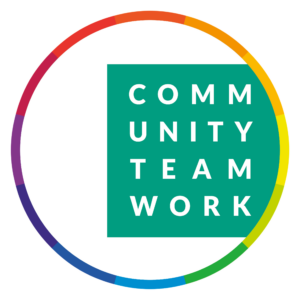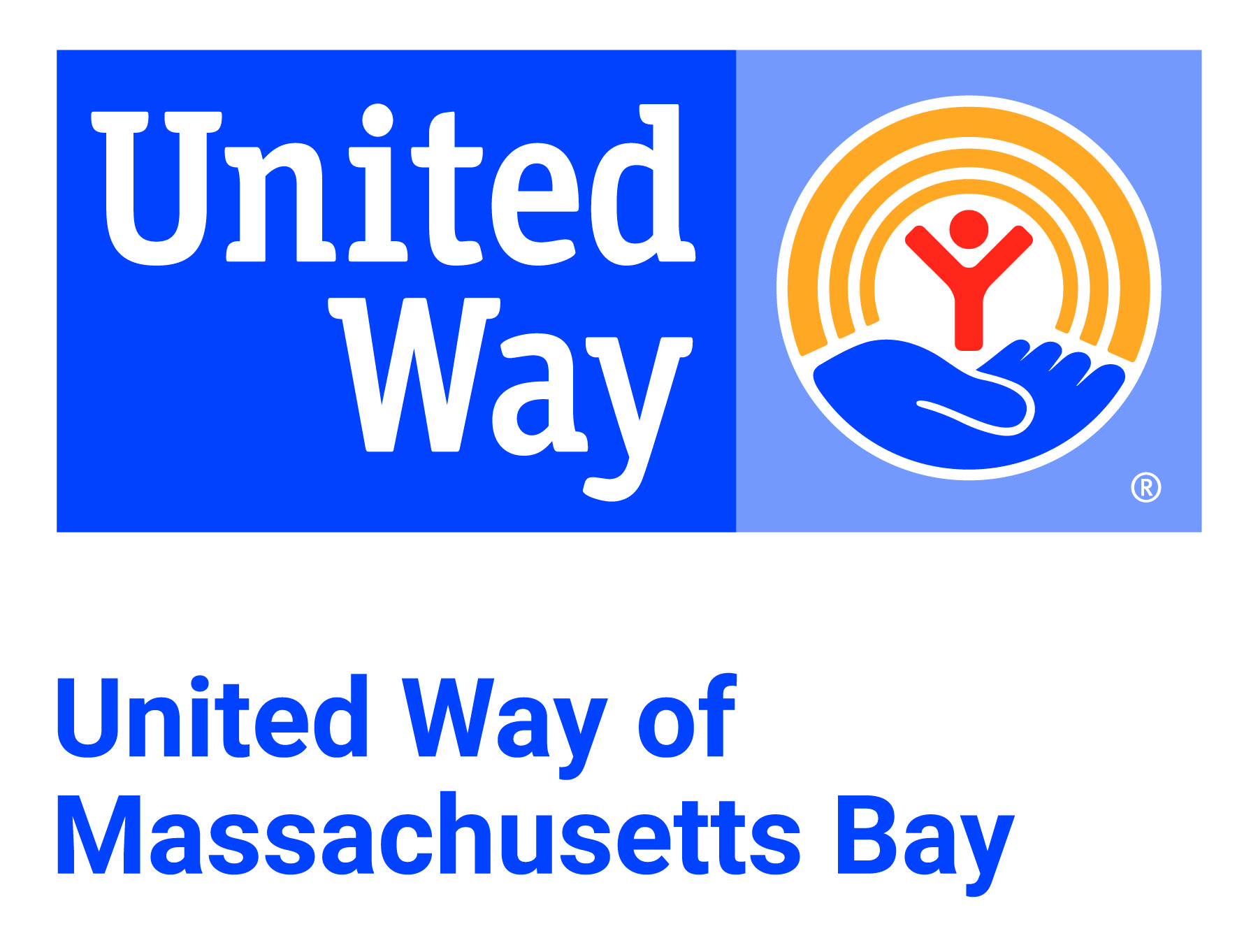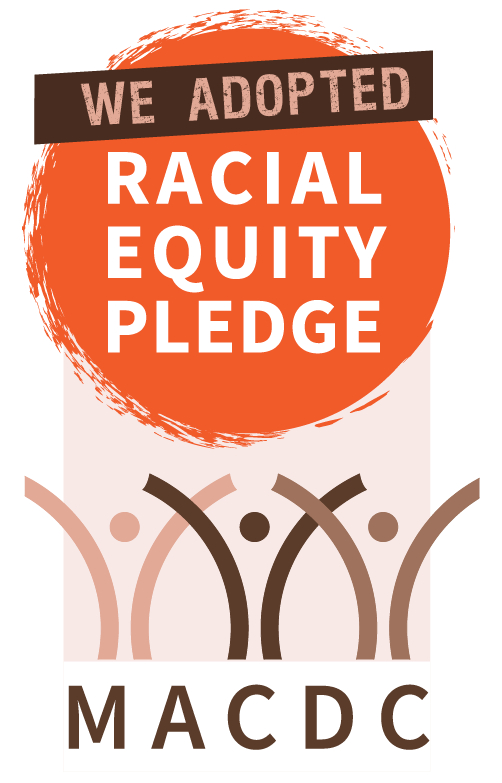The vision of the Rita O’Brien-Dee Center for Behavioral Health and Development is to provide all children and families at Community Teamwork with developmental and behavioral health services that nurture healthy social-emotional and educational development. Through comprehensive and ongoing assessments, we identify child and family needs, build staff knowledge and capacity, provide classrooms and childcare settings with consultative services and make referrals as indicated for individual and family clinical services.
The center and its community partnerships highlight the importance of understanding and celebrating diversity and cultural context and promote inclusion for children with disabilities and behavioral health needs. We partner with our community, educators, staff, and families to leverage the skills, knowledge and tools needed to create and sustain this shared vision. The goal is to have clinicians not simply become a behavioral response team, but rather to teach educators and parents how to respond to childhood behaviors in a thoughtful and child specific manner. We are developing a dedicated space (meeting space, “sensory rooms”, etc.) to serve as the hub where this work can be done collaboratively by clinicians and teachers.
We have long seen the need for behavioral health care supports. National data estimates show that in 2016-2019 diagnosed mental disorders among children aged 3-17 years:
| ADHD | Approximately 6.0 million | 9.8% |
| Anxiety | Approximately 5.8 million | 9.4% |
| Behavior Problems | Approximately 5.5 million | 8.9$ |
| Depression | Approximately 2.7 million | 4.4% |
Our internal needs assessment shows that the needs within our programs are aligned with the National data. We have seen a 35% increase in the number of children with an Individualized Education Plan (IEP) or Individualized Family Service Plan (IFSP) and a 20% increase in the number of children diagnosed with autism spectrum disorder.
Our educators support the communities most vulnerable children. They perform a balancing act each day as they respond to the individual needs of children and families while also providing educational enrichment experiences. It is critical that we provide them with the tools essential to their work with children. The urgency of this need became ever more acute during and after the pandemic, especially the increase in children with autism spectrum diagnosis.












